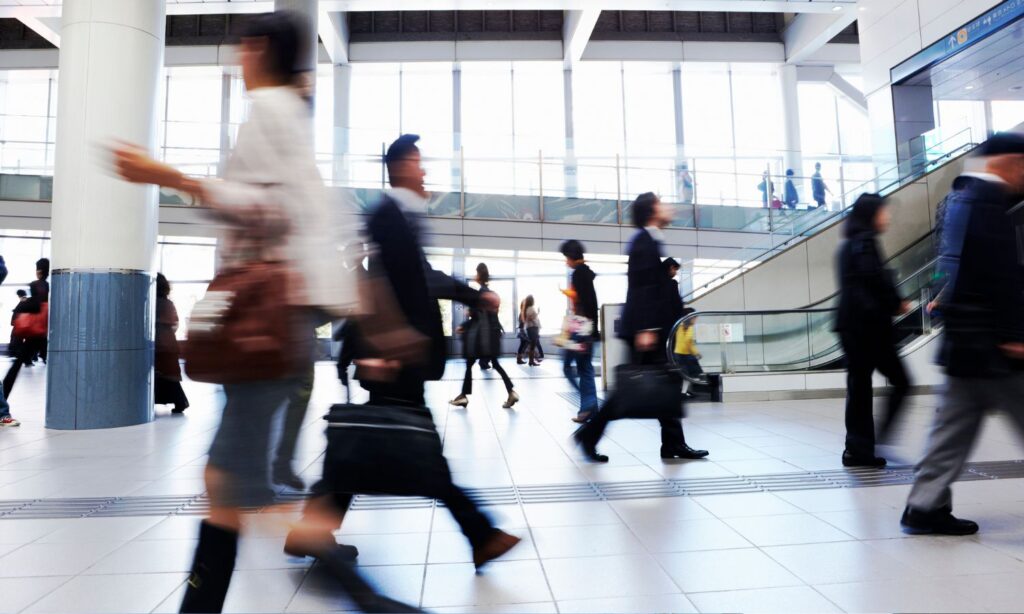Employers are ‘stealing’ more than 280 hours of labour per person on average each year, according to a new study from the public policy think tank, The Australia Institute. Unpaid overtime has blown out massively since last year and has nearly returned to pre-pandemic levels, they say.
In spite of record-low unemployment, those with jobs are working longer hours outside of their contracts in order to fill employee gaps. Dr Fiona Macdonald, Policy Director of Industrial and Social at the Australia Insititute’s Centre for Future Work has said that the employment power balance is still squarely in the hands of employers.
“Record-low unemployment should have pushed both satisfaction with working hours and paid hours higher as employers scrambled to fill labour shortages,” she said in a press release.
“Instead, ‘time theft’ has actually blown out by 57 hours per worker since 2022 and has returned to near pandemic-era levels.
“This dispels simplistic arguments that workers have the upper hand on employers because of recent industrial relations reforms”.
Fearful for their jobs and in increasing need of their salaries due to rising cost of living pressures, employees are sacrificing some of their autonomy to fulfil the increasing demands of their employers.
“We’ve seen workers agree to more hours due to the cost of living crunch,” Macdonald said.
“Perversely, this has resulted in employees giving their bosses a free kick because many of those hours end up being unpaid”.
The annual report is now in its fifteenth instalment and is marked by Go Home on Time Day, an initiative of the Australia Insitute. The day is designed to shine a spotlight on the inequality of working hours and the scale of unpaid overtime in the country.
The report notes that wages have fallen since the COVID-19 pandemic but that a tight labour market should be advantaging workers. However, rising interest rates, inflation, and other pressures are putting workers on the back foot.
On average, full-time employees worked 6.2 hours of unpaid overtime per week, with those between the ages of 18 and 29 working the most overtime at 7.4 hours per week.
Cumulatively, we’re working an average of seven standard 38-hour work weeks per year unpaid, costing us an average of $11,055 per year. In total, this amounts to $130 billion in lost income, more than the entire healthcare budget.
Conversely, casual, contract, and temporary workers are seeking longer working hours. One-third of the workforce falls into this category which is becoming increasingly insecure. 35% of these people said that they needed more paid hours.
This reflects an increasing polarisation in the workforce, the report states, which is overall driving dissatisfaction in the workforce. Almost half of all workers either want to be working more or they want to be working less. Self-employed workers were the most likely to say they worked about the right number of hours, at 58%.
“This survey shows just how uneven the labour market is. We’ve got many workers, especially casuals in insecure jobs, wanting more hours,” Macdonald said.
“At the same time, employers are more likely to demand long hours, including large amounts of unpaid overtime, from full-time workers.”
The changing nature of work, brought about through gig-economy businesses and supercharged by the pandemic, has failed to be captured by existing labour laws. Currently, Federal Parliament is looking at a Bill that aims to update the definition of ‘casual employee’ and introduce new pathways to permanent employment for temporary workers. However, it has faced challenges in the cross-bench Senate, with strong opposition from the Coalition and One Nation. The Australia Institute has said the Bill could remedy some of the above issues.
“Providing more protections for workers in these insecure positions, as proposed in the Closing Loopholes legislation currently before parliament, is an important priority for improving Australian labour market outcomes,” Macdonald said.
Related: Half of Tech Industry Workers Think AI Is Overrated
Related: The One Thing Everyone Gets Wrong About Apologising at Work
Read more stories from The Latch and subscribe to our email newsletter.







